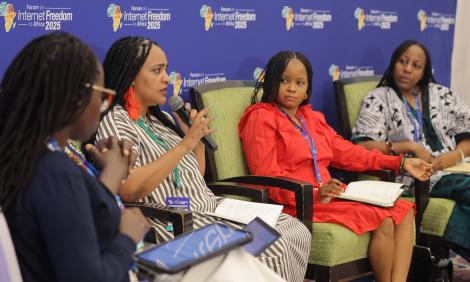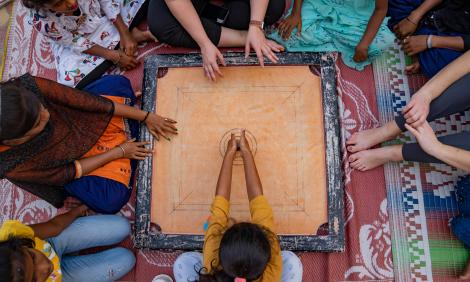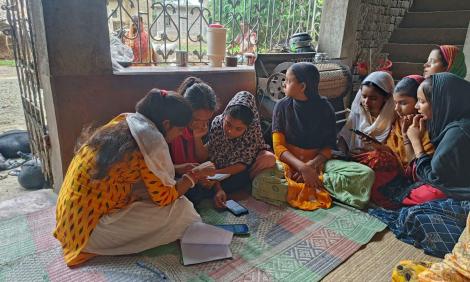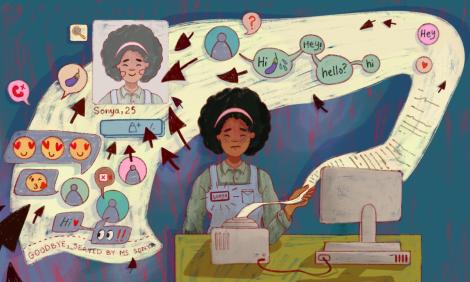

Feminist talk
Online Misinformation taps into the financial vulnerabilities of the LBQT+ community in India
This article explores how online misinformation exploits the financial precarity of LBQT+ communities in India. Excluded from formal banking and welfare systems due to identity-based barriers, many are pushed towards unsafe digital loans, scams, and fraudulent job offers. Predatory apps weaponise disinformation to harass and extort, while limited digital literacy and fear of exposure leads to…

Feminist talk
Misinformation About Sexual Health in India Requires More Than Just Medical Facts
In India, sexual and reproductive health misinformation thrives not because of a lack of information, but because of deep-rooted taboos, moral policing, and cultural anxieties that stigmatise open discussion. Social media algorithms amplify emotionally charged, shame-based narratives over evidence-based information, making credible content harder to access. Yesha Tshering Paul argues that…

Feminist talk
“Suggested for You”: Caste hate, misogyny, and digital violence on Instagram in India
When Dalit and feminist creators speak up on Instagram, the platform’s algorithm makes them targets.

Feminist talk
Chhattisgarh’s Female Fact-Checking Warriors Are Championing Cybersecurity Woes in India
In Chhattisgarh, India, rural women are emerging as grassroots digital defenders against misinformation and cybersecurity threats. From countering financial fraud and health myths to exposing exploitative local service providers, these women are transforming into trusted community resources. Despite systemic challenges such as caste-based discrimination, digital violence, and limited…

Feminist talk
Challenging gendered disinformation takes queers from tribal Northeast India to winding paths of self-acceptance
This article traces the journeys of queer tribal men from Northeast India who confront gendered disinformation and toxic masculinity both online and offline. Through their experiences, it highlights how social media becomes both a site of expression and violence, amplifying colonial, religious, and patriarchal scripts that marginalise queer identities.

Narratives of power: Unmasking digital stalkers
In this series, writers from across the Global Majority explore various questions and raise important points around how cyber stalking defines and dictates different aspects of one’s experiences of online and offline interactions.

Editorial
Challenging Digital Stalking: Recognising Intimate, Political and Cultural Violence
Digital stalking is a pervasive form of violence that blurs the lines between intimacy, control, and surveillance. In this editorial, Karen Vergara explores how stalking functions as both a personal violation and a tool of cultural and political discipline. Drawing on narratives from across the Global South, the article examines how digital stalking leaves deep emotional and physical imprints…

Feminist talk
Is there life after stalking? How to make space for our emotional responses to cyberstalking
Through storytelling, humour, and community care, this article emphasises the importance of vulnerability, support networks, and collective healing. It rejects isolation and self-blame, and encourages honouring the pain while building boundaries, resilience, and shared resistance against the structural violence of cyberstalking.

Feminist talk
You look cute: How electronic checkout slips became a stalking nightmare for South Africa’s women
The article explores how systemic gender inequality, precarious employment, and corporate inaction converge to leave women workers vulnerable and unprotected. With testimonies from cashiers and trade unionists in South Africa, it highlights a rarely acknowledged tech-enabled violence, and calls for urgent changes in retail technologies and practices to prioritise women’s safety and privacy at…




